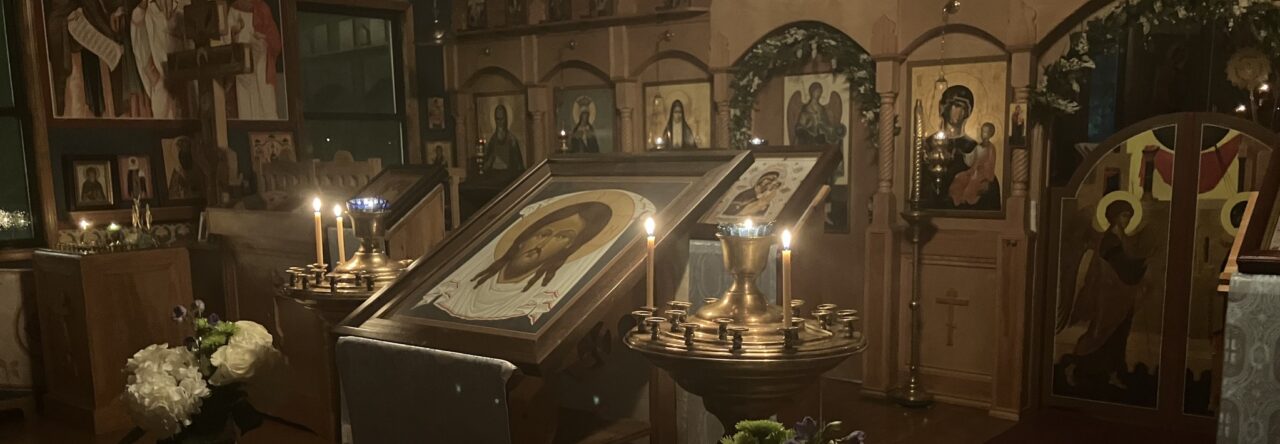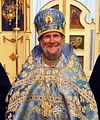A very interesting interview with Archpriest Alexey Ohotin, the rector of Holy Annunciation Church in Flushing, NY (ROCOR). I found it especially interesting that his great uncle was the Spiritual Father and Confessor of St. Elizabeth (Feodorovna) the New Martyr and Grand Duchess of Russia.

 Natalia Volkova, Archpriest Alexey OkhotinThe Light Always With Us
Natalia Volkova, Archpriest Alexey OkhotinThe Light Always With Us